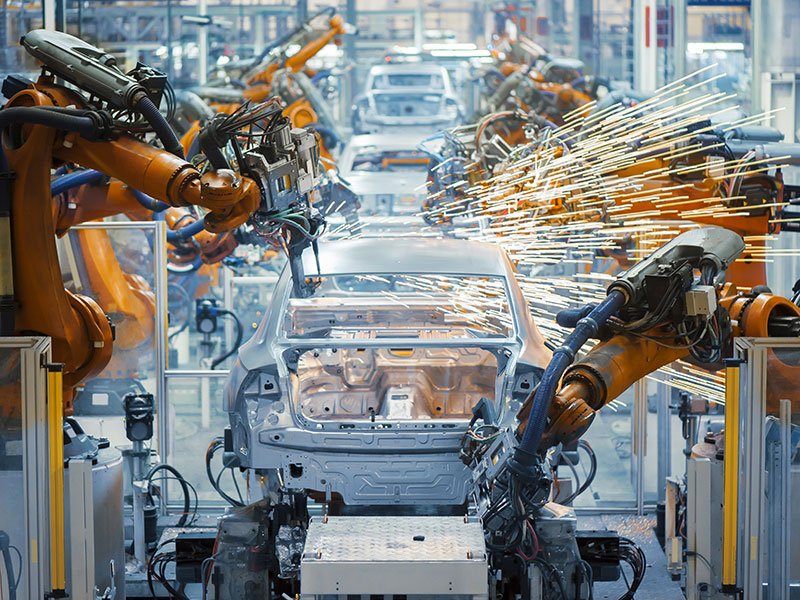A Women in Manufacturing strategy that seeks to support greater diversity in the sector has been launched by the Queensland state government, with annual reviews on its progress to be instituted.
The evaluation framework for annual reviews of the strategy is under development, with key performance indicators yet to be determined.
Development of the strategy was flagged when the state government updated its Advanced Manufacturing decadal roadmap and action plan in October 2022.

The strategy highlights 10 actions across four priority areas, most of which will begin in 2023-24. Among them is a pilot launch of the Champions for Change strategic model in the state’s manufacturing industry.
Previously led by Australia’s Sex Discrimination Commissioner Elizabeth Broderick, the initiative calls on “men of influence [to] step up beside women leaders” to “lead and be accountable for change on gender equality issues in their organisations”, according to the strategy.
“The champions will use their individual and collective leadership to elevate gender equality as an issue of social and economic importance,” it states.
“The guiding principles will be to listen, learn and lead with action to achieve change throughout an organisational and community level.”
The four broad priorities of the strategy are:
- Supporting diversity, inclusion and equity to make the manufacturing environment an attractive place for women to work
- Building on our existing capabilities and skills to further women’s leadership and development
- Boosting women’s participation in VET, early engagement with schools and universities and building the STEM pipeline
- Celebrating the diversity of roles for women in manufacturing
Development of the strategy was supported by the government’s Manufacturing Ministerial Council Sub-Group for Women established in 2022. The group has three representatives from industry, one from the Australian Manufacturing Workers’ Union, and one from Ai Group.
Regional Development and Manufacturing minister Glenn Butcher said the release of the strategy, which coincides with International Women’s Day, aims to achieve a “more gender-equal manufacturing industry in Queensland”.
“Increasing women in manufacturing by promoting an inclusive culture, makes employees feel they belong and contributes to a more diverse, robust industry” he said.
“I’ve visited a large number of Queensland manufacturers, where women are working in a diverse range of roles – from the shop floor, to chief executive officer – and there’s no doubt the diverse working culture leads to better outcomes.
“Having a bigger workforce of people with broad range of lived experiences will help Queensland cement its reputation as a world-leading manufacturing powerhouse.”
While 29 per cent of Queensland’s manufacturing industry employees are women, they are especially under-represented in technician and trades roles (11 per cent) and in machinery operators and drivers’ roles (13 per cent).
This trend is reflected at a national level according to analysis by Jobs and Skills Australia, which also notes that “more than half of occupations in national shortage, women make up less than 20 per cent of their total workforce”.
“In contrast, for 14 per cent of occupations in national shortage, men make up less than 20 per cent of their total workforce,” according to a statement from Skills and Training minister Brendan O’Connor.
The Australia Institute’s Centre for Future Work highlighted in a report on Wednesday that women earn $1 million less than men over their lifetime on average and accrue $150,000 less in superannuation.
Also on Wednesday, the federal Minister for Women Katy Gallagher opened a consultation survey for a National Strategy to Achieve Gender Equality, expected to be released in the second half of 2023.
Consultation on the federal government’s Pathway to Diversity in STEM Review formally began last week.
Do you know more? Contact James Riley via Email.

